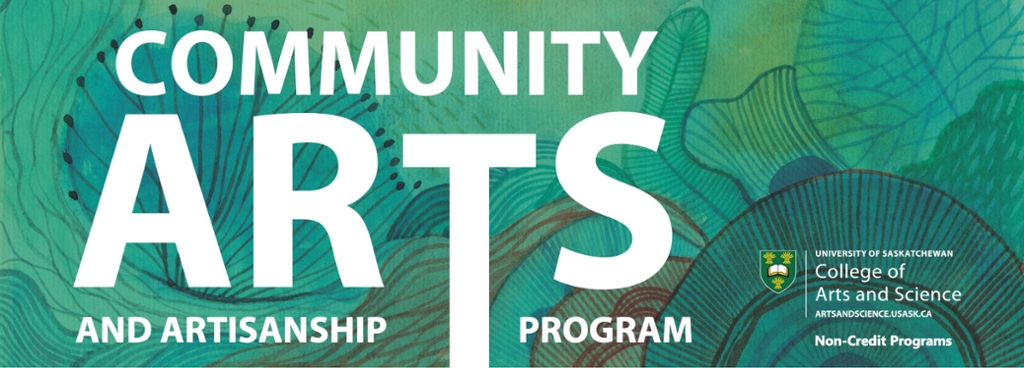
About Us
We offer non-degree art classes and workshops in drawing, painting, sculpture, photography, mixed media, metalwork, glass art, textiles, and more. Whether you are a complete beginner or a seasoned artist looking to learn new skills, we have a range of classes offered by experienced artists who enjoy teaching and supporting students in their creative journeys.

